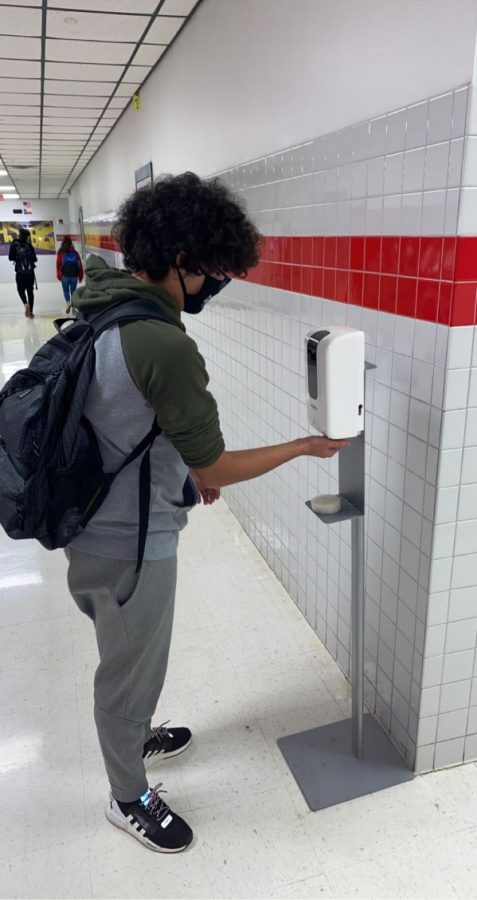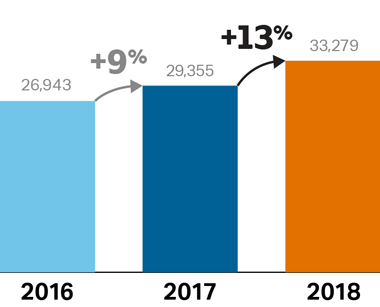AP test registration: concerns, reasons for change
In light of the new year, College Board announced that Advanced Placement test registration will move from the spring semester to the fall semester, near the beginning of AP courses. With this change also comes the implementation of late order and cancellation fees.
AP tests are exams that, when passed, provide students with college credit for their future higher education. Whether it’s allowing the student to be placed in a more difficult course or simply taking care of an elective credit, AP tests are meant to save students both time and money.
According to College Board, the earlier registration period will boost the learning culture in AP classrooms due to the investment students henceforth put into their classes.
AP English IV teacher Ms. Carol Harrod agreed with this idea.
“It will help students focus in the fall semester,” she said. “They’ll already know if they want to take the test and act accordingly.”
Although junior Lorenzo Canizares expressed an initial lack of enthusiasm in the change, he also offered a similar sentiment.
“I’m definitely going to work harder in my classes…[to get] a head start,” Canizares said in regards to how he’ll prepare himself.
The biggest argument students have expressed against this change is the amount of time they have to decide; some students base their decision about which tests to take on how well they perform in that AP class. Moving that registration date to the beginning of the course revokes the students’ ability to make a judgement based on their performance. Though Ms. Harrod is widely in favor of the change, she did point out a related concern.
“I think it may intimidate students, and they might decide not to take the test because they’re unsure if they’ll be prepared enough,” Ms. Harrod said. “I worry it’ll discourage people from taking the AP class if they’re not going to be taking the test.”
However, Canizares offered a solution for this.
“It does make me feel a little uncertain,” Canizares said. “[My parents] still want me to take all the AP tests I can, but I think others should base [their decision] off of how they’ve been feeling in that area for past years.”
College Board backs its decision with numerous statistics depicting the effects of early registration. According to their data collected during the 2017-2018 school year, more students (majority, minority, and low income students) registered to take the AP tests with the implementation of fall registration. On average, low income and minority students also saw nearly a 13 percent increase in the percentage of passing scores for their AP tests.
Late-order and cancellation fees are also expected to be widely introduced for the 2019-2020 school year. Similar to the overall registration date change, College Board also based this decision on increasing student productivity. After the registration period ends, students must pay an extra $40 for each exam ordered after the deadline. Students must also pay an extra $40 if they choose to cancel their exam.

INFJ- I started early in the newspaper business as a sophomore, so I’ve been the editor for two years now. I’m currently working really hard (really,...
























